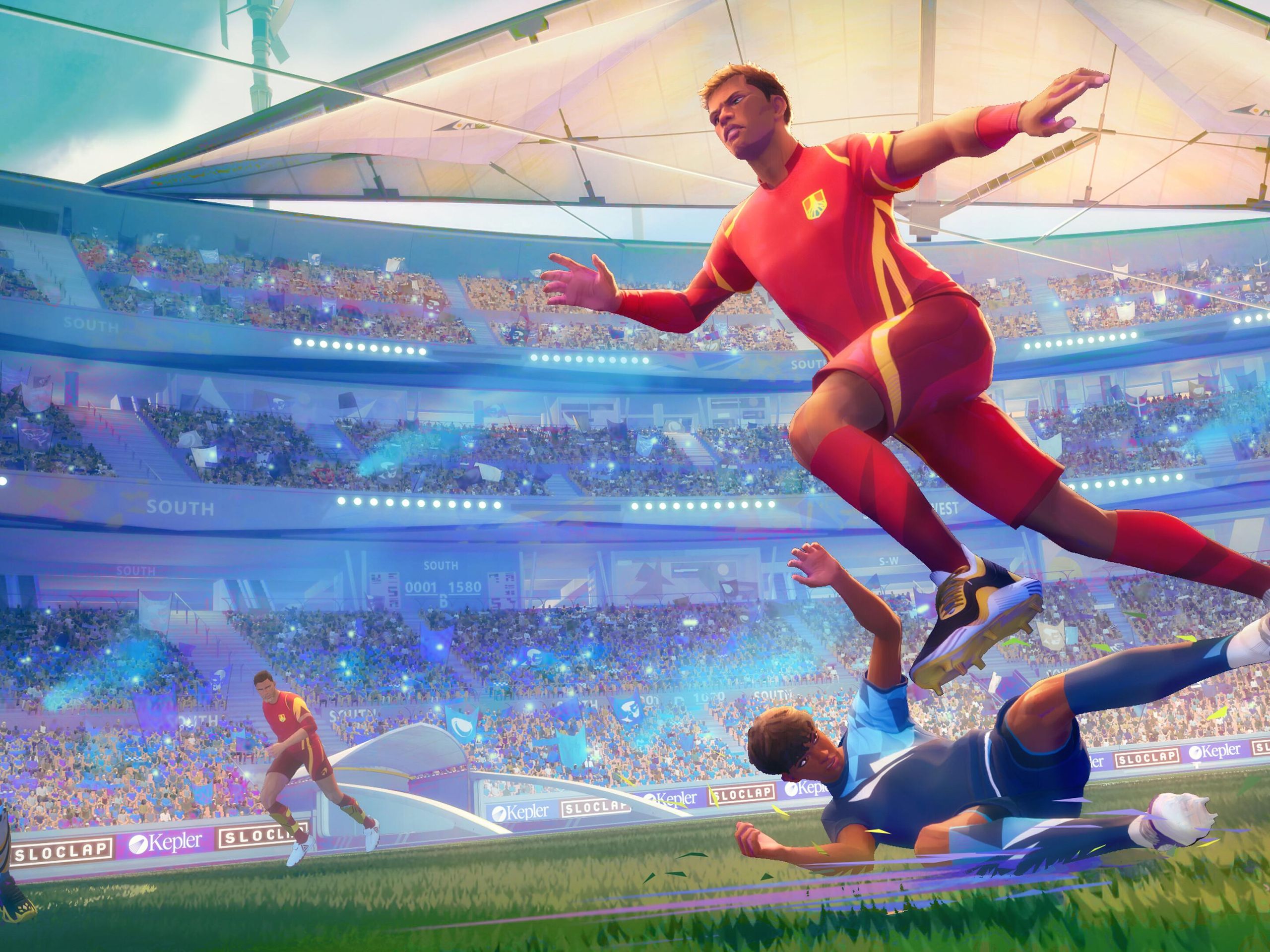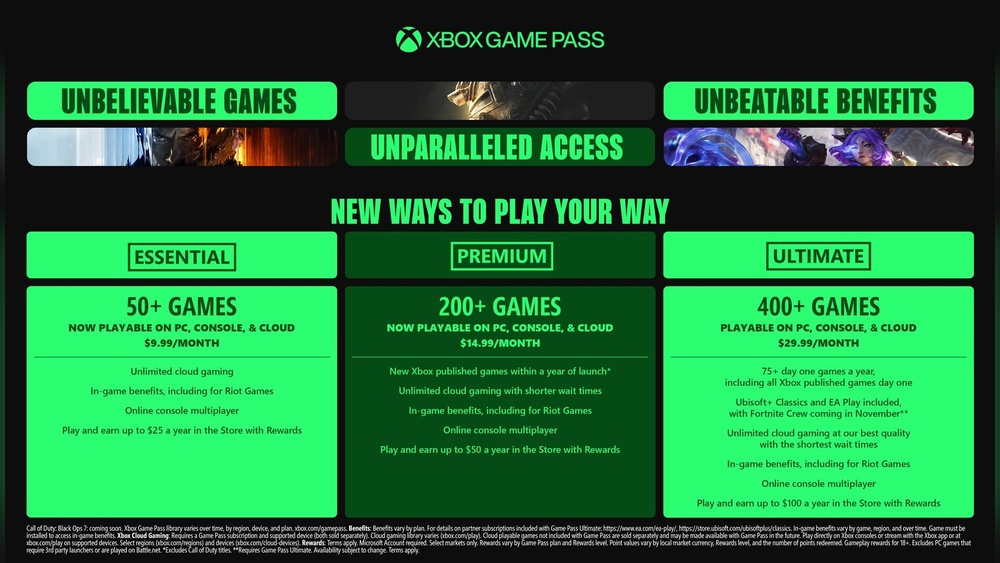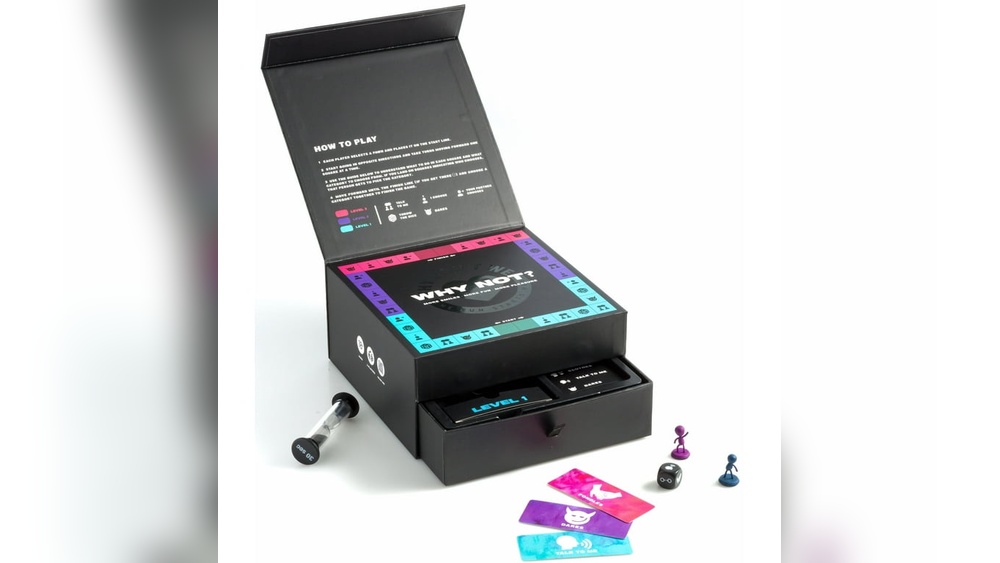Are you tired of wondering if your PC can handle the latest games? You’re not alone.
Many gamers face the same question: “Can this game run on my PC? ” Imagine being able to check your system quickly and confidently before downloading or buying a game. You’ll discover simple ways to find out which games your PC can run smoothly.
By the end, you’ll have the tools to enjoy your favorite titles without frustration or guesswork. Keep reading to unlock the secret to hassle-free gaming on your own computer.
Checking Pc Specifications
Before playing any game on your PC, checking your system specs is important. It helps you understand if your computer can handle the game smoothly. This saves time and avoids frustration from lag or crashes. Each game has specific hardware needs. Knowing your PC’s parts lets you match those needs easily.
Processor Requirements
The processor, or CPU, is the brain of your PC. Games need a certain speed and number of cores to run well. Check the game’s minimum and recommended CPU specs. Compare them with your processor model and speed. A faster CPU means better gameplay and fewer slowdowns.
Graphics Card Compatibility
The graphics card, or GPU, shows the game’s visuals. It affects how detailed and smooth the game looks. Find out what GPU the game requires. Then, check your PC’s graphics card model and memory. A compatible GPU gives you clear images and good frame rates.
Memory And Storage Needs
Memory, or RAM, helps your PC run games smoothly. Games need enough RAM to load their data fast. Check the game’s RAM requirement and your PC’s installed memory. Storage space is also key. Games take up space on your hard drive or SSD. Ensure you have enough free space for installation and updates.
Operating System Compatibility
Operating system compatibility plays a key role in gaming on your PC. The OS must support the game’s software requirements. Without the right OS, games may not start or run poorly. Checking OS compatibility saves time and frustration.
Different games require different versions of operating systems. Some work only on the latest versions. Others still run on older systems. Knowing your PC’s OS helps you pick games that will run smoothly.
Supported Os Versions
Most PC games support Windows 10 and Windows 11. Some older games may only run on Windows 7 or 8. Mac games usually require macOS 10.13 or higher. Linux games need specific distributions and drivers. Always check the game’s official requirements before downloading.
Necessary Updates And Drivers
Updating your OS ensures better game performance. Updates fix bugs and improve security. Graphics drivers must be current for smooth visuals. Outdated drivers can cause crashes or slow gameplay. Use your PC’s update tool or the hardware maker’s website to get the latest versions.
Using Compatibility Tools
Using compatibility tools helps you find out if a game can run on your PC. These tools check your computer’s hardware and software. They compare your specs with the game’s needs. This saves time and avoids frustration from installing games that won’t work. Compatibility tools also show how well a game might perform on your system.
Game Compatibility Checkers
Game compatibility checkers scan your PC and list games you can play. They analyze CPU, GPU, RAM, and operating system details. These tools provide simple yes or no answers. Some also suggest settings for better performance. They help you pick games that fit your computer without guessing.
Performance Benchmarking Software
Performance benchmarking software tests how well your PC runs games. It measures frame rates, load times, and graphics quality. These tools give detailed scores to compare your system with others. You learn which games run smoothly and which may lag. This helps adjust game settings for the best experience.
Adjusting Game Settings
Adjusting game settings helps your PC run games better. It lets you change how the game looks and feels. Good settings give you clear images and smooth playing. Some games can be hard for your PC. Changing settings can fix this. You can play longer without lag or crashes. Let’s explore how to adjust these settings well.
Graphics And Resolution Options
Graphics settings control how detailed the game looks. High graphics make games look great but use more power. Lower graphics help your PC run faster. Resolution changes the size of the game screen. A higher resolution shows more detail but slows your PC. Lower resolution makes the game easier to run. Try medium settings first. Change one option at a time. See what works best for your PC.
Optimizing For Smooth Gameplay
Smooth gameplay means no pauses or slowdowns. Turn off extra effects like shadows or reflections. These effects use more computer power. Lower texture quality to reduce load on your PC. Close other programs before playing. This frees up memory and CPU power. Use the game’s frame rate settings. Aim for a steady frame rate, like 30 or 60 FPS. A steady frame rate makes movement smooth. Small changes can improve your experience a lot.
Upgrading Hardware For Better Performance
Upgrading your PC hardware can improve game performance significantly. It helps games run smoother and look better. Small changes can make big differences in how games play. This guide shows key hardware upgrades for better gaming.
When To Upgrade Cpu Or Gpu
The CPU and GPU are the brain and heart of your PC. They process game data and create visuals. Upgrade the CPU if games run slow or lag in complex scenes. Upgrade the GPU if graphics are low quality or frame rates drop. Both affect game speed and quality.
Adding More Ram
RAM stores game data temporarily. More RAM lets your PC handle games better. Games load faster and switch between tasks smoothly. Upgrade RAM if your PC uses most of it during gameplay. At least 8GB is good for most games today.
Storage Solutions For Faster Loading
Game loading times depend on storage speed. Traditional hard drives are slower and cause delays. Solid State Drives (SSDs) load games much faster. Use an SSD to reduce wait times and improve game start-up. It also helps in open-world games with large maps.

Credit: www.youtube.com
Common Issues And Fixes
Games can run on many PCs but often face common problems. These problems stop smooth gameplay and cause frustration. Fixing them can improve your gaming experience fast. Understanding these issues helps you keep games running well.
Game Crashes And Freezes
Games crash or freeze when the software meets errors. This can happen if the game files are corrupted or missing. Closing other programs can help free memory. Checking for game updates often fixes bugs. Running the game as an administrator can prevent permission problems.
Driver Conflicts
Drivers connect your PC hardware to the system. Old or wrong drivers cause conflicts with games. Updating your graphics and sound drivers improves compatibility. Use official websites to download the latest drivers. Restart the PC after updates to apply changes.
Insufficient Resources
Games need enough CPU, RAM, and storage to run well. Low resources cause slow performance and crashes. Close unnecessary apps to free up memory. Upgrade RAM or storage if your PC is too old. Lower the game’s graphics settings to reduce resource use.
Using Cloud Gaming Services
Using cloud gaming services lets you play games without needing a powerful PC. The games run on remote servers and stream to your device. This means your PC does not have to handle heavy graphics or processing. You only need a steady internet connection. Cloud gaming opens new options for gamers with older or low-end computers.
Benefits Of Cloud Gaming
Cloud gaming saves space on your PC because games do not download. It lowers the cost of upgrading your hardware. You can play high-quality games on simple devices. Access games instantly without waiting for downloads or updates. Play on different devices using the same account. Cloud gaming offers flexibility and convenience for many players.
Popular Cloud Gaming Platforms
Several platforms offer cloud gaming services. NVIDIA GeForce Now lets you stream PC games you already own. Xbox Cloud Gaming provides access to many Xbox titles on various devices. Google Stadia offers a growing library of games with no console needed. Amazon Luna delivers games via subscription with easy access. Each platform has different games and pricing options.

Credit: www.pcgamer.com

Credit: www.threads.com
Frequently Asked Questions
What Games Can Run On My Pc With Low Specs?
Low-spec PCs can run indie games, older titles, and some eSports games like Minecraft, Stardew Valley, and CS:GO smoothly. These games require minimal GPU and CPU power, making them ideal for budget or older systems. Always check game requirements before installing.
How To Check If A Game Runs On My Pc?
Use tools like “Can You Run It” or check the game’s minimum requirements on official sites. Compare these with your PC’s CPU, GPU, RAM, and storage specs. This helps ensure compatibility and smooth gameplay without unexpected performance issues.
Can My Pc Run Games Without A Dedicated Gpu?
Yes, integrated graphics on modern CPUs can handle many games, especially less demanding or older titles. However, for high-end games, a dedicated GPU is recommended. Performance varies widely based on your processor and game requirements.
Why Do Some Games Lag Even If My Pc Meets Requirements?
Lag can result from outdated drivers, background processes, or overheating. Meeting minimum specs doesn’t guarantee smooth gameplay; optimal settings and system health matter. Regular updates and system maintenance improve performance and reduce in-game lag.
Conclusion
Playing games on your PC depends on its parts and software. Check your computer’s speed, memory, and graphics card first. These parts decide which games can run smoothly. Keep your system updated to avoid problems. Small changes can improve game performance a lot.
Try different games to find what suits your PC best. Enjoy your gaming time without worry. Simple steps help you get the best experience. Play smart, and have fun with your favorite games.









